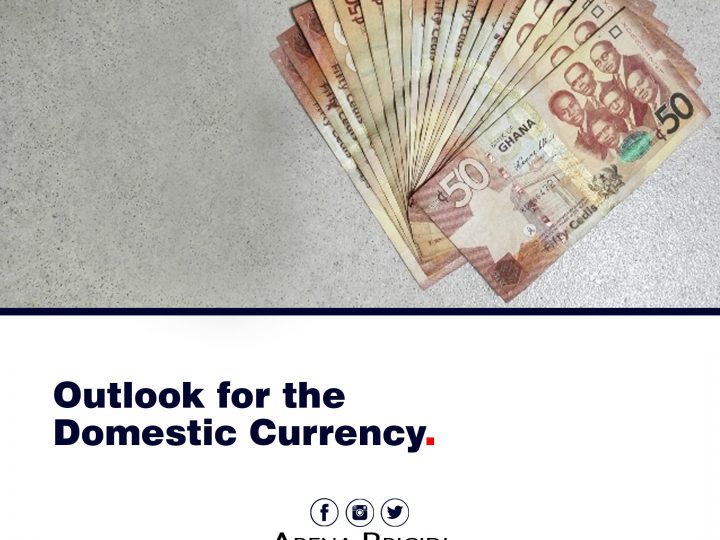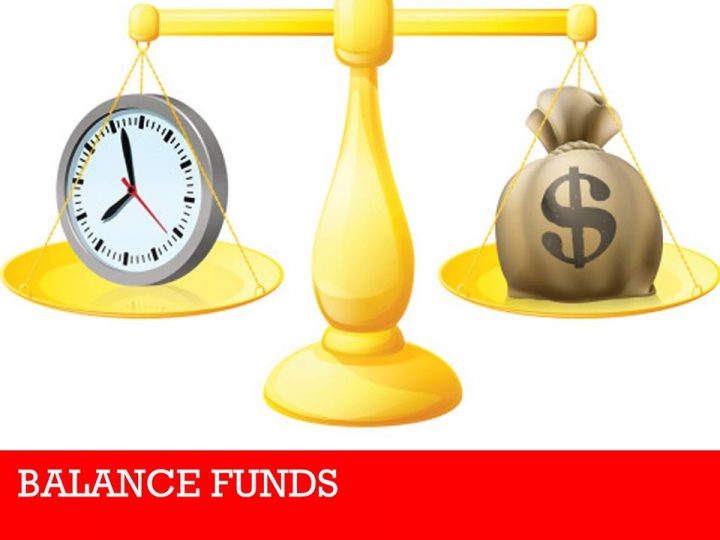
For quite a number of days now, I’ve observed how several investors have lost value by keeping their money in cedi denominated assets. The principal issue being the performance of the cedi has been poor in the last few years. However, there is little or no need to rush into dollar purchasing if you can invest in an asset that can provide both currency hedge and real returns at the same time. I took my time to research into these asset classes and came up with interesting findings. My search, in the stock market revealed that certain stock such as ETI, BOPP and MAC offer interesting hedge against Cedi depreciation. For this post we will discuss that of ETI and use the subsequent post for the other two.
ETI: Eco bank Transnational Incorporated, a public limited liability company established as a bank holding in 1985, is undoubtedly one of the stocks listed on the exchange that exhibit a negative correlation with the cedi movement. The reason being that ETI is listed on several exchanges in WEST AFRICA (Nigeria, Ghana and Ivory Coast), this multi-listing by ETI requires that all ETI shares, listed on all these exchanges, trade at the same price. Therefore, if the cedi depreciates relatively to the Naira and CFA, then ETI shares listed on the GSE will look cheap to fund managers in these countries. This will lead fund managers to demand more of the ETI shares listed in Ghana, which will consequently push the prices up to restore the mispricing. This is what we refer to as call arbitrage in finance.
Another reason for ETI’s resilience to Cedi depreciation is the dollar dividend payments. ETI pays dividends in USD, making it very attractive when the local currency depreciates because its dividend yield rises proportionally. Given that dividend yield is one of the most conventional methods of determining value in a stock. As well as having a crucial role in dividend discount models; a fundamental model used in determining equity value. This makes ETI appear undervalued when the currency depreciates, which in turn creates demand and price appreciation.





